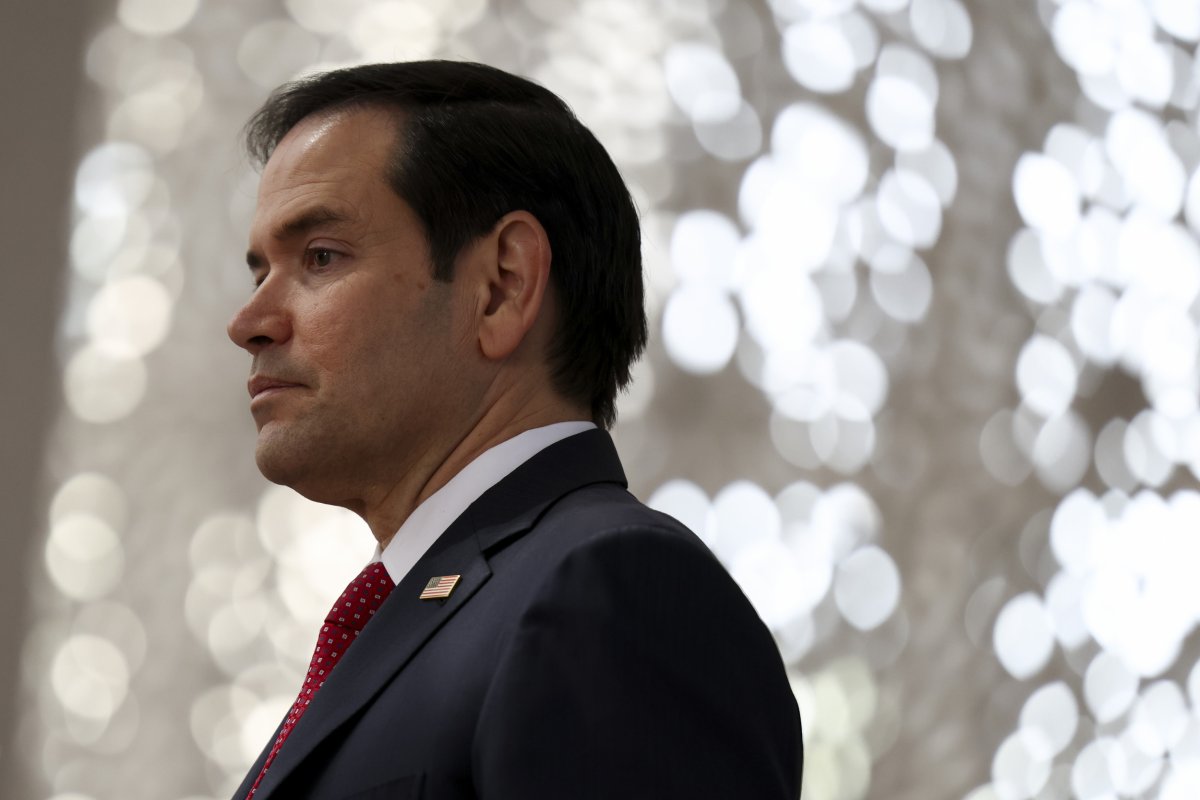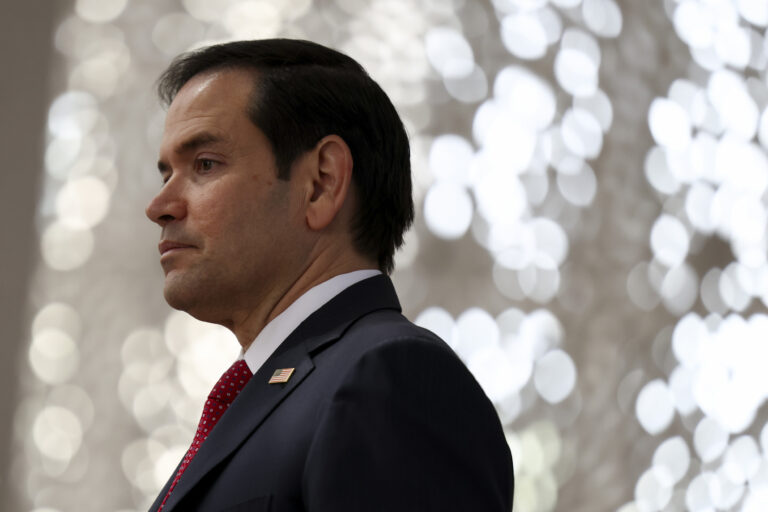China pushed back against recent remarks by U.S. Secretary of State Marco Rubio, declaring that Washington could never “sow discord” in its ties with Moscow.
Newsweek reached out to the White House and the Russian Foreign Ministry via email for comment.
Why It Matters
Despite officially maintaining neutrality on Vladimir Putin’s war in Ukraine, China has propped up its heavily sanctioned ally with natural gas and oil imports, record levels of trade, and exports of drone parts and other dual-use goods that could aid Moscow’s war machine. The two countries have also stepped up joint military operations to challenge the United States’ power in the Pacific.
This growing dependence has sparked frustration among Putin’s allies, who have lamented Russia’s reliance on the world’s second-largest economy.
What To Know
“The big story of the 21st century is going to be U.S.-Chinese relations,” Rubio told Breitbart News in a recent interview.
He stressed it’s important to maintain relations with both China and Russia, calling them “big, powerful countries with nuclear stockpiles.”
He added that it would be a poor outcome for the U.S. and Moscow if Russia were “permanently a junior partner to China, having to do whatever China says to do because they are dependent on them.”

Evelyn Hockstein/Associated Press
“It is completely futile for the U.S. to sow discord in Sino-Russian ties,” Chinese Foreign Ministry spokesperson Lin Jian told reporters when asked to respond to Rubio’s remarks on Thursday.
Lin said the neighbors’ bilateral relations cannot be influenced by any third party.
As the U.S. and Russia begin talks to normalize ties and end the three-year war in Ukraine, the Trump administration has worried its European allies by hinting at favorable conditions for Russia up front. U.S. President Donald Trump himself has harshly criticized Ukrainian President Volodymyr Zelensky—a departure from Washington’s previous efforts to isolate Russia over its invasion.
China has said it welcomes U.S.-Russia negotiations and stands ready to play a role in any peace process.
Trump’s overtures have fueled speculation that he may be planning a “reverse Nixon”—pulling Russia away from China like former President Richard Nixon leveraged a divide between China and the Soviet Union.
What People Are Saying
Michal Bogusz, an analyst at Warsaw, Poland’s Center for Eastern Studies think tank, previously told Newsweek: “There is always this psychological uncertainty that Moscow might abandon them and try to make a deal with the Americans, but I don’t think it’s strong…
“The Russian-Chinese alliance is a stable and solid relationship that has strong roots in the converging perceptions of their ruling elites and their strategic interests. Possible actions by the United States aimed at loosening it and distancing Moscow from Beijing are bound to fail.”
What Happens Next
During a phone call on Friday, Putin emphasized that his country’s relationship with China is not an “act of expediency” but one that will endure.
The U.S. and Russia wrapped up a second round of talks in Istanbul on Thursday in a follow-up to last week’s meeting in Riyadh, Saudi Arabia, according to reports. For the second time, discussions excluded Ukrainian and European officials.
Zelensky said that Ukraine would reject any agreement reached without its involvement.


